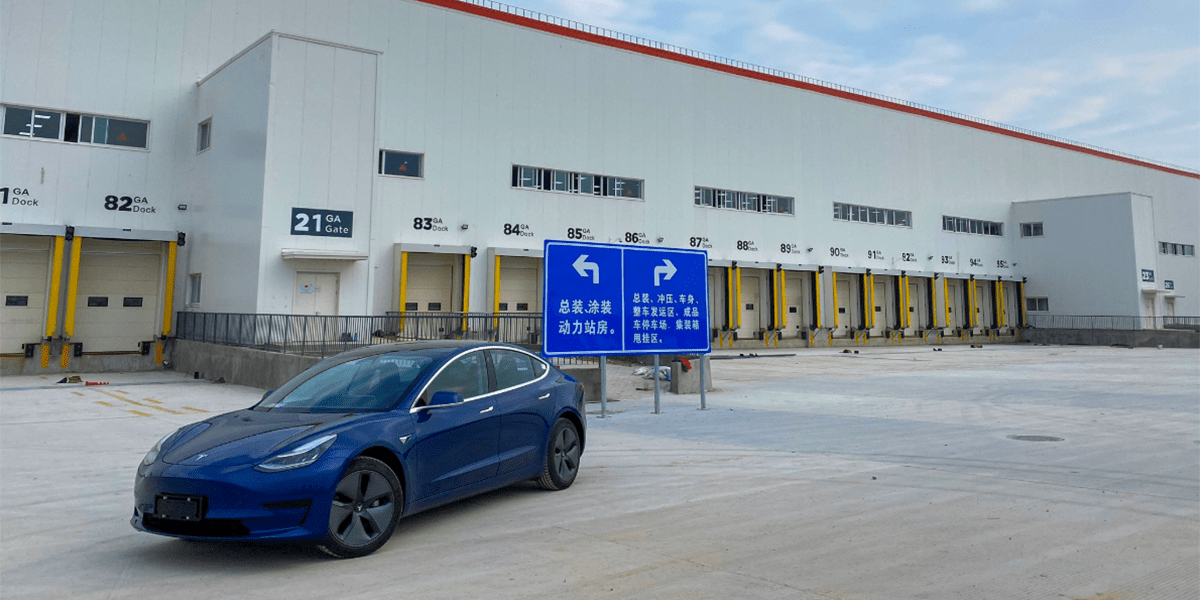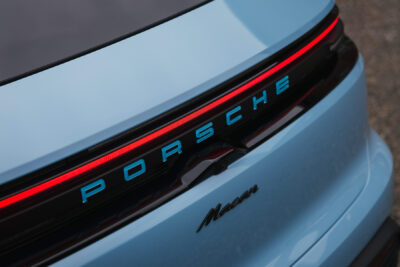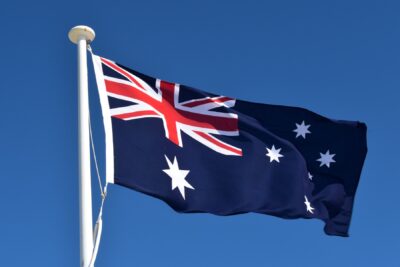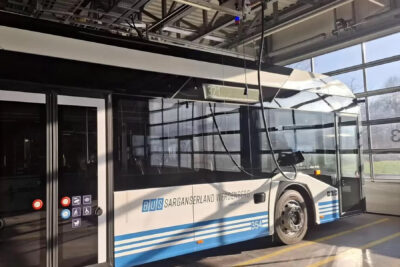Tesla secures loan in China for Shanghai plant
Tesla has secured a further credit line of up to 4 billion yuan (around 521 million euros) from the Industrial and Commercial Bank of China for the expansion of its Gigafactory 3 in Shanghai.
Tesla announced the credit in a statement to the US Securities and Exchange Commission (SEC). Last year, Tesla concluded loan agreements with Chinese banks for up to 3.5 billion yuan (465 million euros) for the first phase of its China plant.
The term of the credit facility is one year from the first drawdown. The exact interest rate that Tesla will have to pay is still open. Either: the loan can be paid out in yuan at the official market interest rate of the Chinese central bank with a discount of 0.35 per cent; or in US dollars. In this case, the 1-year Libor plus 0.8 per cent is taken as a basis. On 7 May, when the agreement was published, the 1-year Libor was just below 0.8 per cent – the Tesla interest rate would, therefore, be around 1.6 per cent. But only if Tesla calls the loan promptly and in dollars.
According to the loan announcement, Tesla may only use the funds for the expansion of automobile production at the Shanghai location. In addition to the hall already constructed for Model 3, Tesla is currently building a second building in which Model Y will be produced for the Chinese market. Tesla hopes that the electric SUV will lead to further increases in global sales.
Model 3 has been very well received in China and has also been very popular since the last price reduction (to continue benefitting from subsidies). However, in April, a combination of political uncertainty about future subsidies and the impact of corona closures seems to have caused a slump. Compared to March (10,160 Model 3), sales in April fell by 64 per cent to 3,635 vehicles, according to the China Passenger Car Association (CPCA).
In South Korea, despite corona restrictions, Tesla has become one of the three largest car importers over the quarter just passed. The US-American company sold 4,070 electric cars in South Korea vehicle sales in the first quarter this year. This means that Tesla accounts for around half of all EV sales (8,831 vehicles) in that period.
Despite the gain, the gap between Tesla and the two largest import brands Mercedes-Benz (15,400 vehicles) and BMW (11,331 cars) is still significant. GM Chevrolet (basically the former Korean car manufacturer Daewoo) sold 3,910 vehicles, while the registration figures of Audi and Volvo are not even mentioned in detail in the report from the Korea Times.
reuters.com, tesla.com (China credit), cnbc.com (China-sales), koreatimes.co.kr (Korea sales)





0 Comments